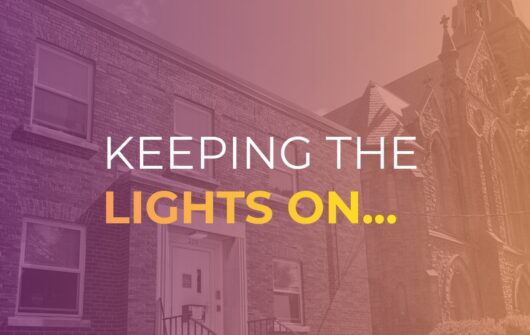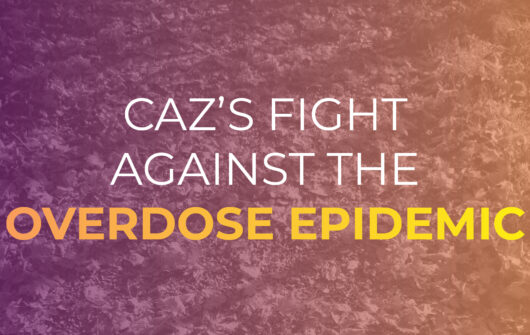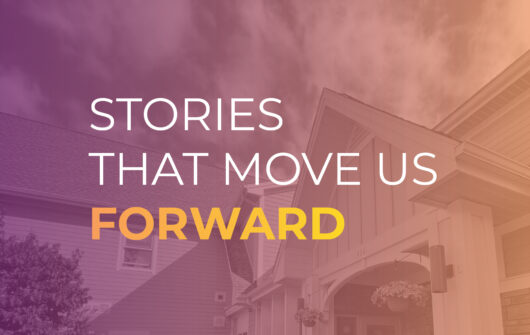Finding Purpose with Reintegration
Posted on: January 31, 2020
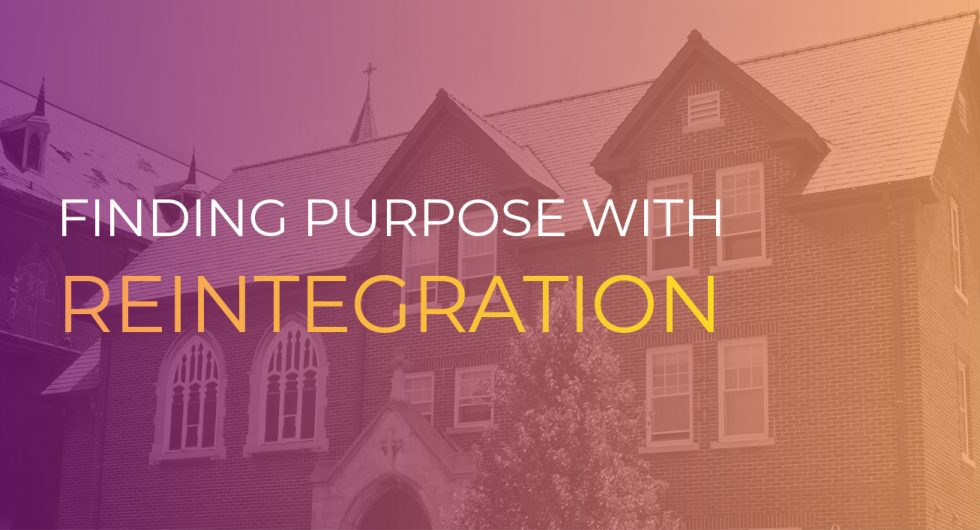
A New Element
In 2018, we converted three of our programs to Rehabilitation, a new element of care under the Office of Addiction Services and Support’s (OASAS) 820 Residential Services Regulations. Rehabilitation has been a resounding success for us, but it wasn’t the only new opportunity that came with the new residential regulations.
In September of last year, we began operating a hybrid model at Unity House. It combines Community Residence (CR), an older model of care, with Reintegration, a new element under OASAS’s 820 regulations. To those unfamiliar with the field, the changes between a CR and Reintegration may seem small. They both are for individuals who are a bit further along in their recovery, and they both emphasize connections to community resources. Beyond that, though, the changes are huge.
Perhaps what’s most exciting is that Unity House is doing what people with substance use disorders and many staff members have been requesting for years: bringing an increased focus to educational, vocational, and volunteer opportunities. Angela Angora is our Director of Reintegration Services and saying that she’s passionate about this change is an understatement. “This is an opportunity to fill the gaps,” she said. Above all else, Angela hopes that Reintegration can help residents to “feel like they have a purpose.”
Angela’s overseeing the implementation of Reintegration at the agency level, but Greg Sykes, Reintegration Manager at Unity House, is responsible for the day-to-day development of this fantastic element at Unity House. He joined our team in November, and he’s excited to start this program “from the ground-up.” Greg is a major factor in Reintegration’s success so far. “He was the perfect person for this position,” said Angela. The two make a great team since they share the same vision in many ways. “We’re going to build this together,” said Angela.
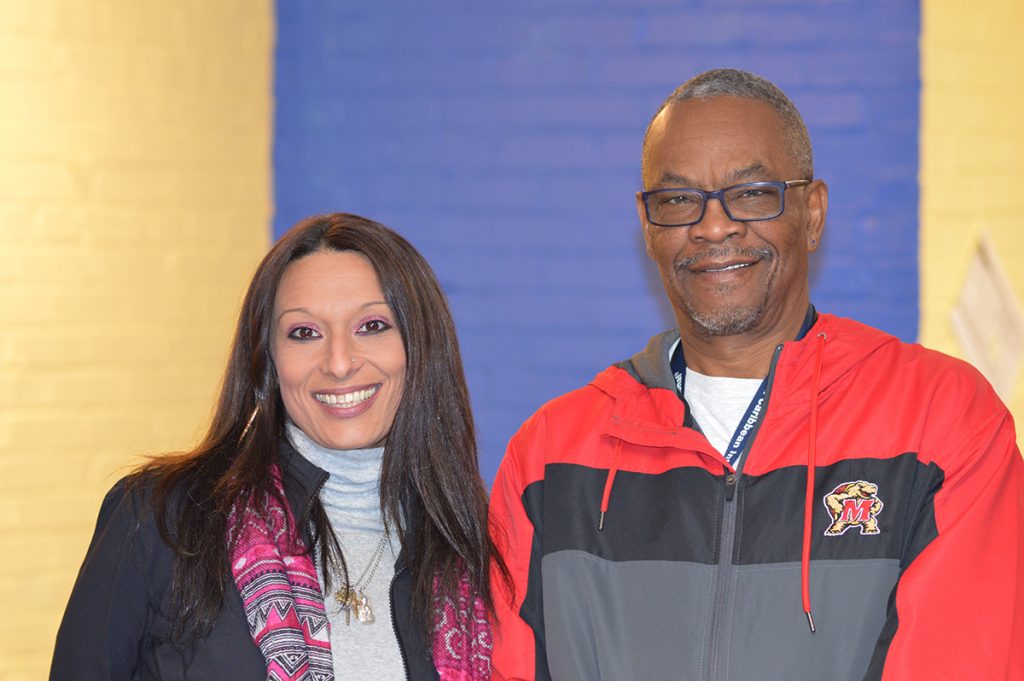
Changing Culture
Having a focus on the clinical aspects of substance use disorders is extremely important, especially in early recovery. However, individuals often receive the same types of groups and interventions that focus solely on clinical issues in multiple treatment programs. Residents at Unity House are required to attend outpatient treatment during their stay, so they’re already receiving clinical treatment for their substance use disorder. In the CR model, these clinical topics can be redundant. This can lead to a lack of engagement if the topics are repeated too often.
Unfortunately, the field has had a focus on this repetition for decades, and breaking that habit will certainly be a challenge. Thankfully, Greg and Angela are up to the task with the conversion to Reintegration. “There’s a systemic issue here. People are doing the same exact thing over and over,” said Angela. “I want to be that change.”
“A lot of the messages you get at outpatient and self-help meetings is to get a sponsor,” Greg said. That’s important, but Greg also explained that “no one talks about getting a network.” Bringing increased attention to employment and education is a major culture change. Greg’s encouraging staff to find potential volunteer opportunities for residents in the community. He’s also encouraging them to help residents with building their self-esteem. This has direct connections to finding employment. “If you walk into an interview, you can self-sabotage if you don’t have any self-worth,” Greg explained.
Implementing Reintegration
Change of this scale requires some guiding principles, and Angela and Greg have found theirs in the Four Dimensions of Recovery. “The best predictor of success in recovery isn’t abstinence,” Angela explained. She said it’s whether someone has achieved meaningful changes in the four dimensions of health, home, community, and purpose.
Helping residents to find their purpose is a major part of the Reintegration pilot at Unity House. The program is very person-centered, and staff recognize that each resident is at a different place in their journey. Some current residents are close to graduating from Erie Community College while others are attending adult literacy classes.
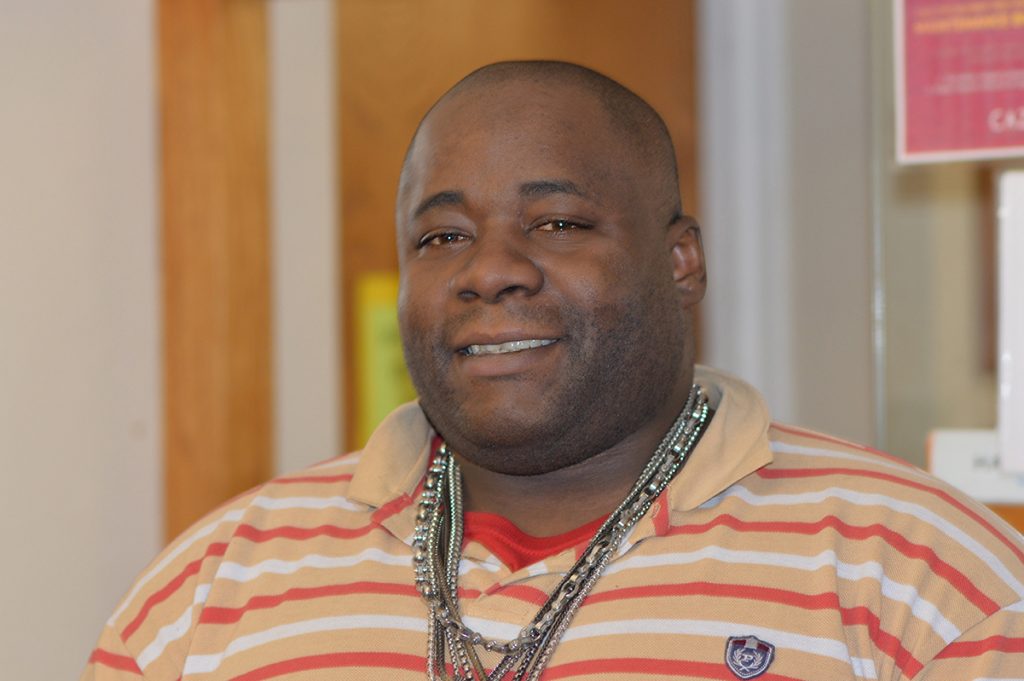
Darnell is a Unity House resident and he’s been at the program since September. He was actually a previous resident of Unity House, but had a recurrence of use shortly after transferring to another program. The new approach with Reintegration has inspired him to try for a goal he never thought he could obtain. At the moment, he’s working hard to obtain his GED.
He’s using practice tests to see how he’d do on the actual exam. “They’re going well,” he said. Darnell has also learned how much he likes reading. Some new words can be a challenge, but he knows it’s worth the effort. “Reading will take you far,” said Darnell. “You just have to take your time.”
Darnell is a great example of what can happen when people are given a second chance with something new. He’s received encouragement from other residents at the program, too. What is really making a difference is the team approach residents and staff are taking with this new model. With Reintegration, Cazenovia Recovery is helping people to discover their purpose. “I want Unity House to be a better place because I was a part of it,” said Greg. “I want to see it be a light or a beacon for other programs to follow.” Thanks to Greg’s and Angela’s leadership, we’re certainly lighting the way.
Other Recent Posts
Your donation can save a life!
In the grip of the opioid epidemic, you can make a difference. Any amount helps.



